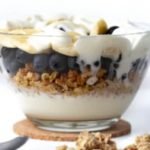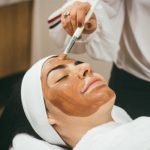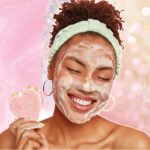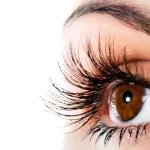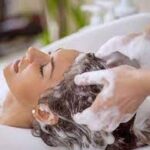Acne is a skin disease that affects the pores and causes bumps and blackheads on the skin. It can be annoying, but it doesn’t have to ruin your day. There are many acne treatments available, including prescription drugs, over-the-counter products, and even natural alternatives.
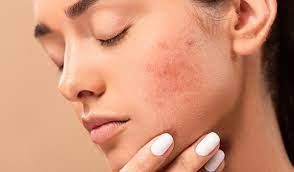
Acne is a common skin condition that causes pimples, redness, and blackheads. Acne can cause a lot of discomforts, but it can be treated, and there are plenty of ways to keep it at bay. Acne comes in a variety of forms, and it can be hard to tell the difference between type 1, type 2, and more severe types like nodules and cysts. However, there are some telltale signs that can help you determine the severity of your acne.
Acne affects the surface of the skin. It appears as small, red bumps on the skin. It can cause severe embarrassment and social withdrawal in those who suffer from acne. Fortunately, acne is one of the most treatable skin conditions.
Acne is the most common skin condition in the United States. It affects more than 150 million people in the United States alone. Acne is a type of blemish or spot on the skin. It can appear as a single or group of red bumps, called pimples, or as larger, less obvious bumps, called nodules.
Acne is a skin disease that causes blackheads, whiteheads, and pimples. It can occur anywhere on the skin, but it is most common on the face and the back of the neck. It is caused by excess oil and bacteria in the pores of the skin. Acne has a wide range of symptoms and can be difficult to treat.
There are many products in the market that claim to be the best in treating acne. But applying all these chemicals will harm your skin. As people don’t know what kind of chemicals are used in the products.
This article focuses on the home remedies that will help you get rid of acne without any side effects. All these remedies are natural and won’t have any side reactions.
What causes Acne?
Acne is caused by the body’s reaction to certain hormones, such as testosterone and estrogen. When a hormone is present in high amounts in the body, the skin’s glands may become inflamed. The hormones that cause acne are primarily found in the male sex glands, the testes, but also in the ovaries, the uterus, and the breastmilk glands. When the body produces large amounts of these hormones, the skin’s glands become inflamed, resulting in acne.
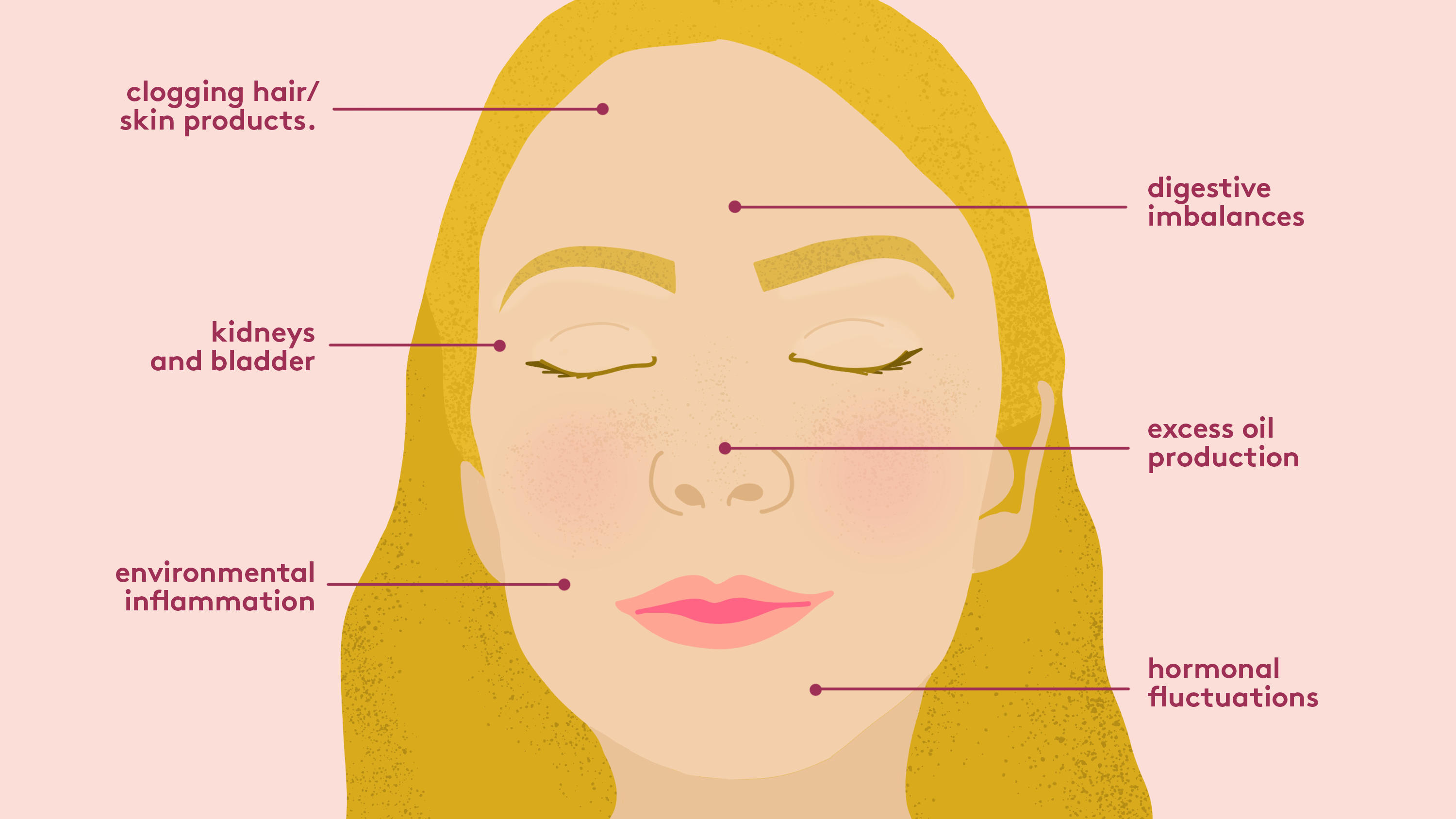
Acne is caused by the buildup of sebum, or oil, on the skin. The sebum causes the skin to become inflamed and infected. The infection causes the skin to become red, swollen, and painful. The causes of acne vary, but genetics and hormones are two of the most common factors.
Acne occurs when the oil glands in the skin become overactive. The oil causes the hair follicles to become clogged, which results in pimples and blackheads. There are many different causes of acne, but hormones, dirty skin, and certain medications are the most common. Some of the most common causes of acne are excess oil on the skin, a high level of hormones such as testosterone, and dirty skin.
Honey and methanol:
Honey is a natural product that can have numerous benefits for your skin. Lush uses honey to soothe, repair, and protect the skin, including acne-prone skin, and it’s one of the most nourishing natural ingredients for our skin, which is why it’s used in so many products. Here are 5 ways honey can help your skin in the following ways: – Kills bacteria – Helps tone and improve the look of the skin – Moisturizes – Reduces redness – Cleanses – Reduces pimples and breakouts.

HONEY AND METHANOL are used to treat oil-based breakouts, which are also known as acne vulgaris. It is a common skin condition characterized by pimples and bumps. In acne vulgaris, sebaceous glands become blocked with sebum, an oily substance that can cause skin inflammation, create excess skin oil, and incite breakouts.

Apple cider:
The cider can help reduce breakouts by exfoliating away dead skin and by purifying your skin. Both apple cider and apple cider concentrate are effective for those with acne problems, with apple cider concentrate tending to be somewhat more effective.
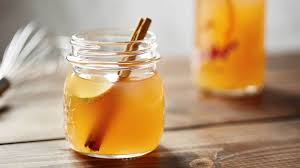
Apple cider vinegar can be used as an acne treatment and may work better than the medication tretinoin (also known as vitamin A). It’s also often used to treat dandruff.
Cider is apple juice that has been fermented or pasteurized to remove water, sugar, and most of its natural water content. The fermentation process is completed with the help of lactic acid bacteria, yeasts, and acetic acid bacteria. These microorganisms convert sugar into sugar alcohols and eventually into carbon dioxide and water.
Tea tree oil:
Tea tree oil may be an effective way to kill acne-causing bacteria while soothing and balancing the skin. Research shows that tea tree oil can be used to clear up acne breakouts, although it should not be used as a component of a facial mask. Make sure that you purchase 100% pure tea tree oil, and that you always dilute it with a small amount (about 1%) of olive oil or jojoba oil at skin level.

Tea tree oil is known to reduce acne, but it can cause side effects such as redness, itching, and dryness. Talk with your doctor about using tea tree oil on your acne before trying to address it on your own.
The tea tree oil in apple cider vinegar has been used for centuries to treat acne and has many uses. The oil is made by extracting oil from an herb called Melaleuca alternifolia, also known as the tea tree. The oil is also known as eucalyptus oil or jojoba oil.
Green Tea:
Acne is the most common skin care problem, affecting almost everyone. Every time I see a pimple, I think to myself, “This is going to be gross.” I hate the pimple part, but I hate the self-consciousness even more.
Green tea is a powerful anti-acne ingredient, making it a great option for those with a zit-prone complexion to ward off breakouts. A few sips of this energizing tea can also help you get over blemishes.

Green tea has been used for centuries to treat acne. It is loaded with anti-aging antioxidants and polyphenols, and some studies have shown that it can help clear acne breakouts faster. In addition, green tea has been linked to improved brain health and is now accepted by many as a healthy beverage.
Aloe Vera:
The aloe plant has long been used for its medicinal properties. Aloe vera is a succulent plant and has long been used as an ingredient in soaps, shampoos, and lotions to help skin stay soft and smooth. The scent of aloe can also be used to freshen the air.
Aloe vera is known for its soothing, anti-inflammatory, and acne-fighting benefits. This aloe plant is also highly caffeinated, making it a great morning elixir. It helps improve memory, prevent sunburn, and boost your mood.

Aloe vera for acne is a plant that has been used for centuries to heal skin problems. aloe vera is also a powerhouse of nutrients and antioxidants that help balance out the skin’s natural pH, moisturize, and improve the appearance of dark spots and breakouts. aloe vera is also high in vitamin C, which is an antioxidant that helps protect the body by neutralizing free radicals. Although commercial aloe vera is available in many different forms, the most common is the gel-based variety.
For more benefits of aloe vera check out this article:
Exfoliate:
Most people exfoliate their face once or twice a week, but it pays to do it regularly to help remove dirt and dead skin cells that clog pores. Your skincare routine should consist of exfoliating your face at least twice a week to prevent clogged pores, reduce blackheads and minimize the appearance of fine lines. A gentle scrub is the best way to exfoliate without causing irritation.
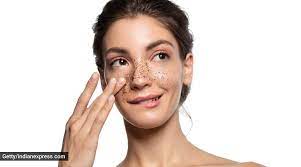
Exfoliating for acne has taken over the beauty world. As we approach the winter season, many of us have been wondering, since exfoliating is often done in the dead of winter, how to describe it in terms that everyone can understand. In this article, we will cover the basics of how exfoliation for acne works and how it can benefit your skin.
exfoliation is the removal of dead skin cells from the surface of your skin which can clog pores, blackheads, and other potential skin-related problems. Dermatologists recommend exfoliating regularly to keep your skin looking healthy. However, it’s important to remember that exfoliating can also irritate your skin, cause breakouts, and strip away unnecessary skin.
Limit dairy products:
Dairy products for acne are not a new concept. Many commercial products have been marketed for years with additives such as caffeine or glycols designed to help clear the skin of acne, pimples, and blackheads. The beauty industry has also been marketing those products for years, but they have often done so by claiming that the results are dramatic, where they have not.

Acne occurs when bacteria that live on your skin multiply abnormally, clogging your pores, which ultimately makes your skin appear more congested due to blackheads and pimples. Eating dairy products may increase the production of acne-causing sebum and can be a source of hormones, such as estrogen and androgen, which are known to increase the chances of having acne.
Reduce stress:

Some people can’t even stand the thought of getting acne because it reminds them of acne scars, they’ve had in the past — and that can be a major source of stress. Stress isn’t the only factor that can cause acne, but it’s a major one. it can make your skin break out, and even cause permanent damage to your skin. So, when you’re stressed, try to reduce the stress, relax, and breathe deeply to help lower your stress level.
Limit makeup:
Limit makeup for acne During the COVID pandemic, options to limit makeup use for acne have emerged as a growing trend. For instance, some schools have banned the use of makeup entirely. For their part, dermatologists say limiting cosmetics during the pandemic is a critical measure during the pandemic, as it can reduce the risk of skin infections and infections transmitted by bacteria on the face.
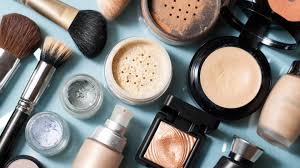
Ending note:
All these remedies are best for treating acne. You can find other products in the market for acne treatment but all of them have a risk of making it even worse. Be careful with the products you chose for your skin

